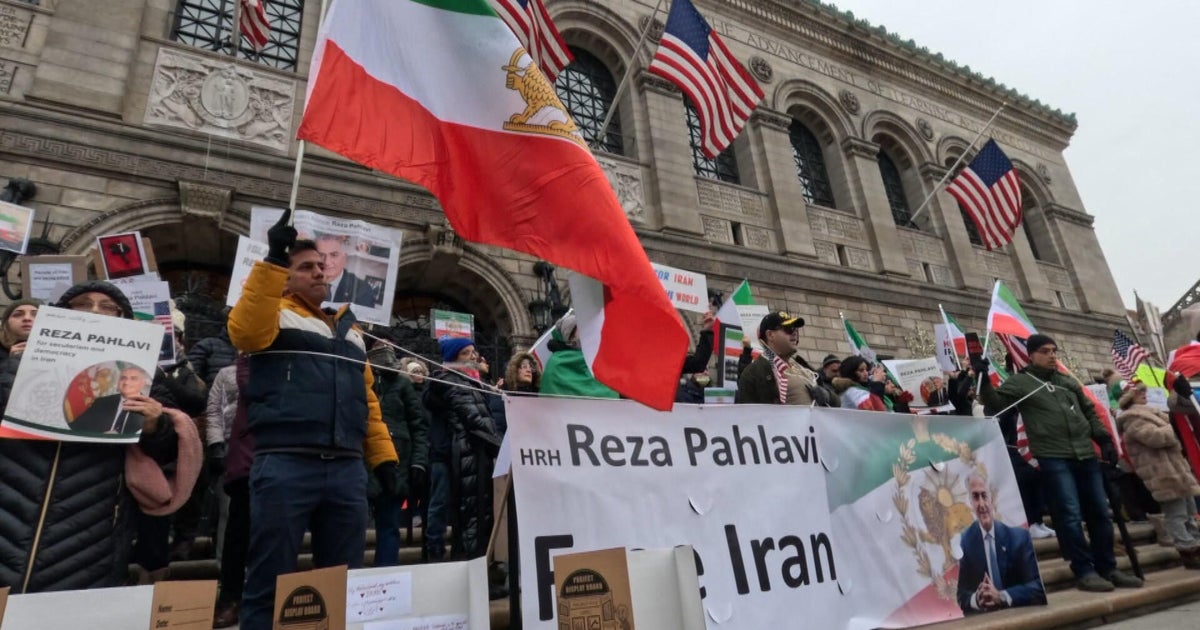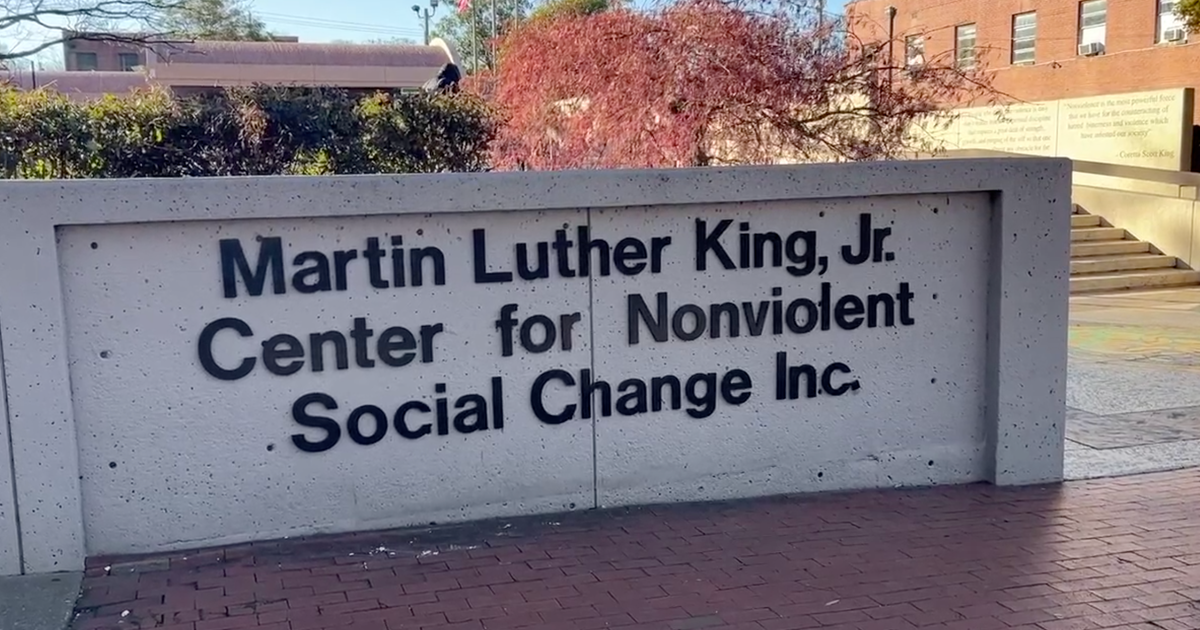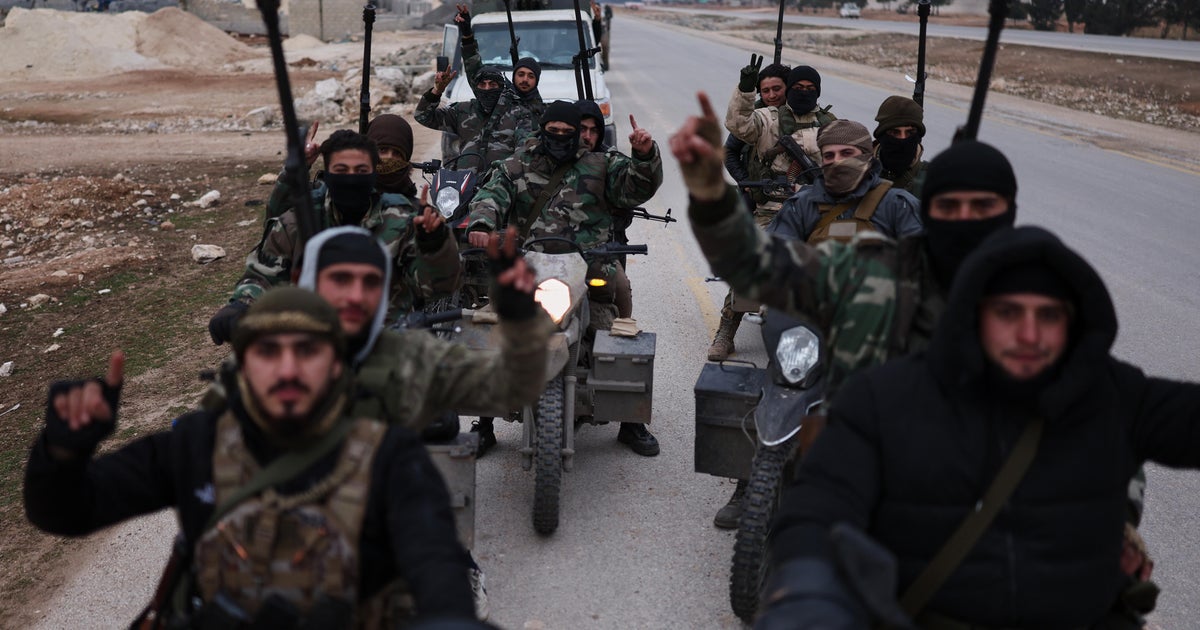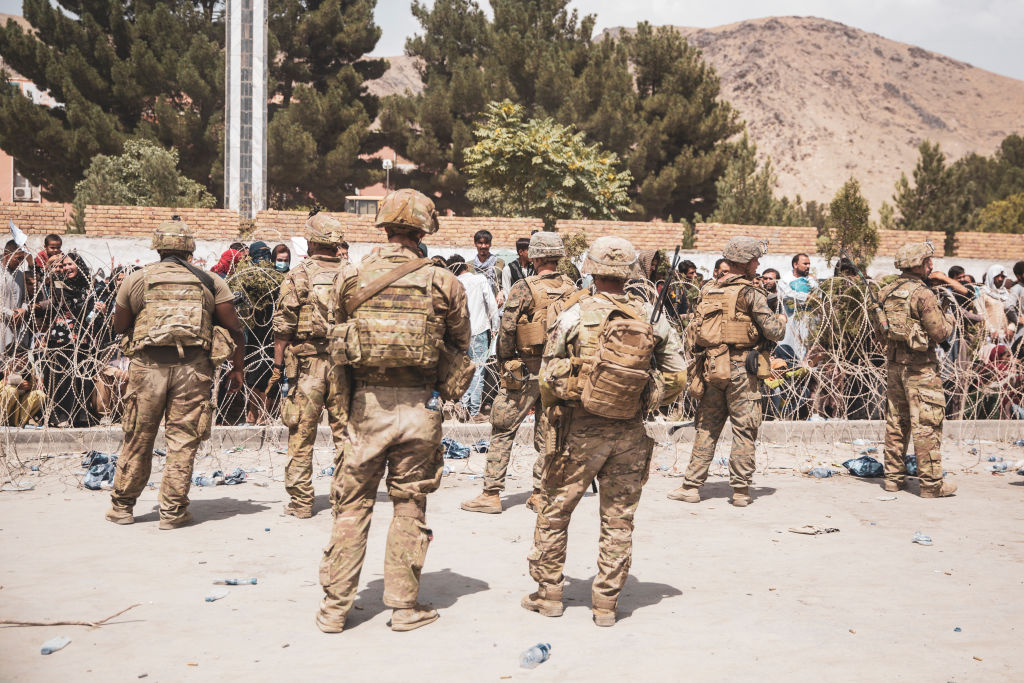Afghan leader announces truce with Taliban
KABUL, Afghanistan -- Afghan President Ashraf Ghani on Thursday announced a weeklong cease-fire with the Taliban to coincide with the holiday marking the end of Ramadan next week. The U.S.-led military coalition in Afghanistan said later on Thursday that it would honor the cease-fire.
A statement sent from Ghani's office on Thursday said the cease-fire would begin on 27 Ramadan, or June 12 on the Western calendar, and last through the Eid al-Fitr holiday, until around June 19. It said the cease-fire did not include al Qaeda or the Islamic State of Iraq and Syria (ISIS) affiliate in Afghanistan.
Ghani said in a message posted to his Twitter account that the truce would offer the Taliban an opportunity to "introspect (sic) that their violent campaign is not wining them hearts and minds but further alienating the #Afghan people from their cause."
"We will adhere to the wishes of Afghanistan for the country to enjoy a peaceful end to the Islamic holy month of Ramadan, and support the search for an end to the conflict," Gen. John Nicholson, commander of U.S. Forces-Afghanistan and the NATO-led Resolute Support mission said in a statement released Thursday.
"President Ghani's peace offer was universally supported by the international community and the ceasefire represents another bold initiative for peace, and is for the benefit of all Afghans," Nicholson added.
There was no immediate comment from the Taliban, who have steadily expanded their presence in recent years, capturing a number of districts across the country and carrying out near-daily attacks, mainly targeting Afghan security forces.
Ghani's statement referred to a gathering of Afghanistan's top clerics on Monday in which they issued a decree against suicide attacks and called for peace talks. A suicide bomber struck just outside the gathering as it was dispersing, killing at least seven people and wounding 20 in an attack claimed by ISIS.
The Taliban had denounced the gathering, insisting that its jihad, or holy war, against foreign invaders was justified. It instead urged the clerics to side with it against the "occupation."
The U.S. and NATO formally concluded their combat mission in Afghanistan in 2014, but the U.S. still has thousands of forces based there in a support and counterterrorism role. The Trump administration has sent additional troops to try to change the course of America's longest war.
The U.S. has said it is open to an Afghan-led peace process. The top U.S. commander in Afghanistan, Gen. John Nicholson, said last month that some elements of the Taliban are showing interest in peace talks.
Nicholson, along with other senior American military officers, was in Brussels on Thursday for a meeting at the newly-opened NATO headquarters.





